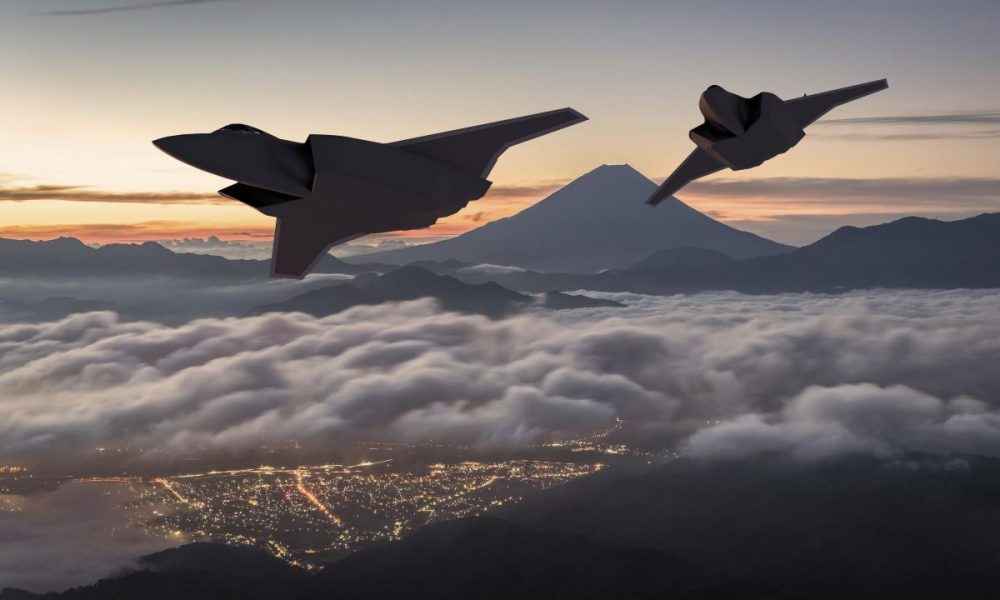


Japan's next-gen fighter jet, increased collaborative efforts, and military spending signal a new, more proactive era in its defense strategy.
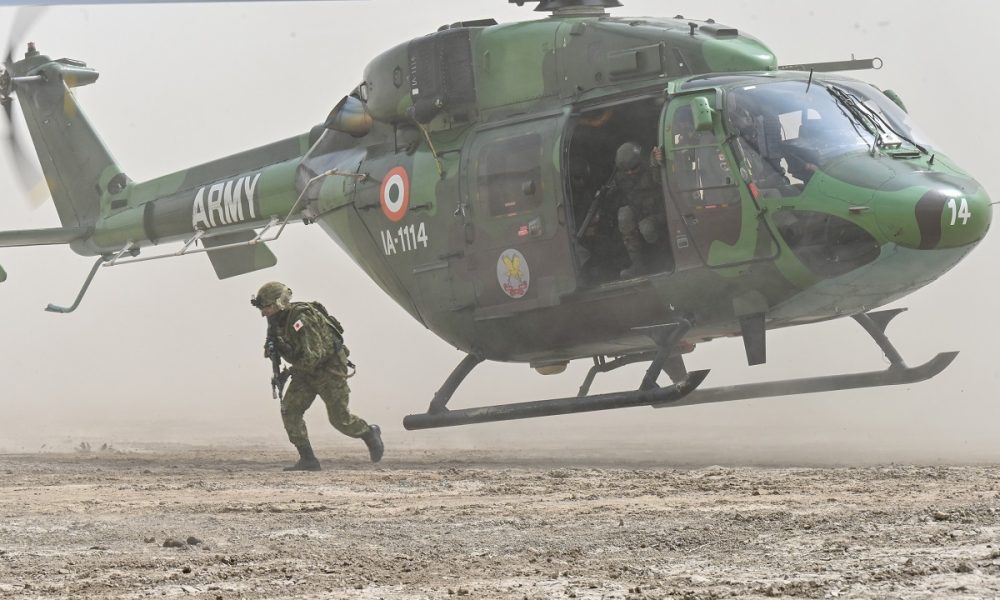


Completing the 5th edition of the DHARMA GUARDIAN exercises shows the deep commitment Japan and India have made to deterrence in the Indo-Pacific.
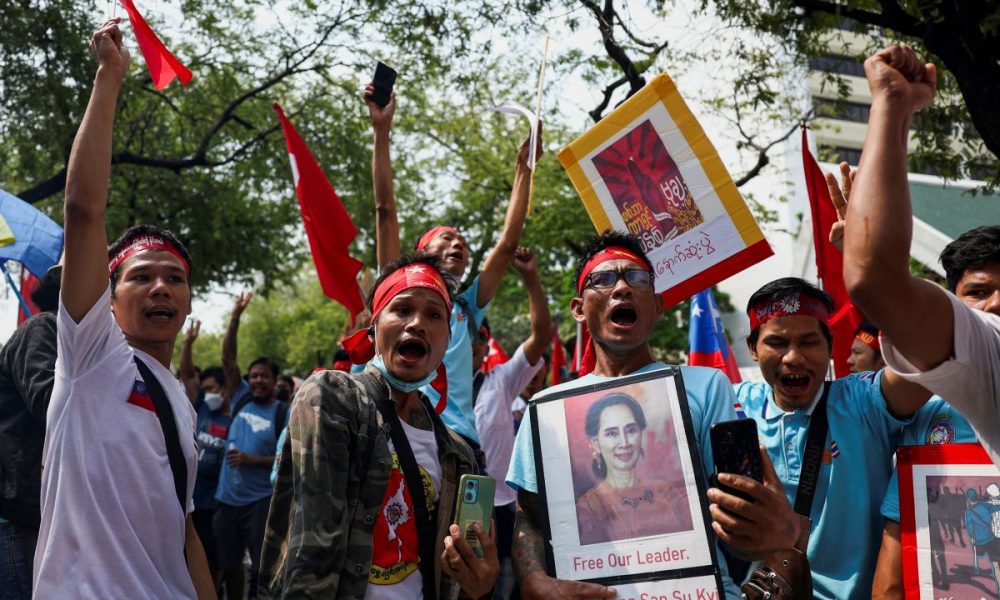


Japan and India have significant public and private investments in Myanmar which they must reframe due to the current civil war and China's growing influence.
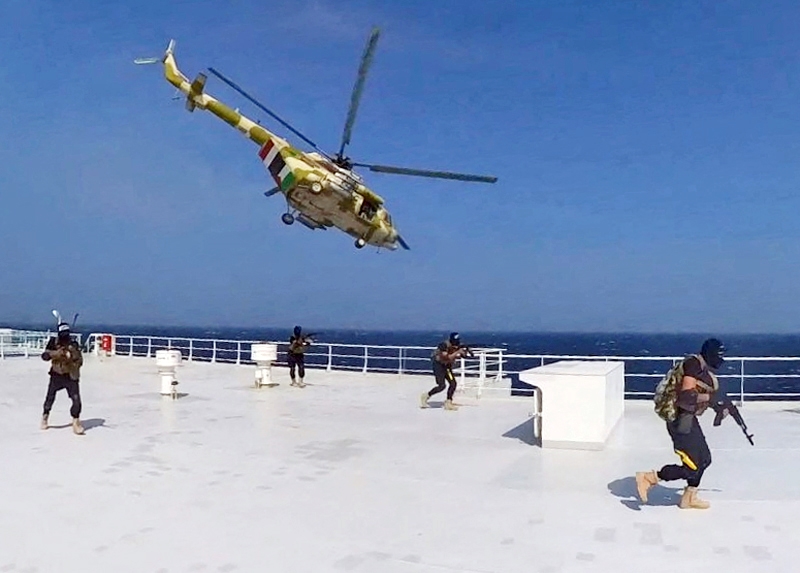


The Houthi attacks in the Red Sea threaten resource-poor Japan and India. But given the immense stakes in the Middle East, the countries must tread carefully.
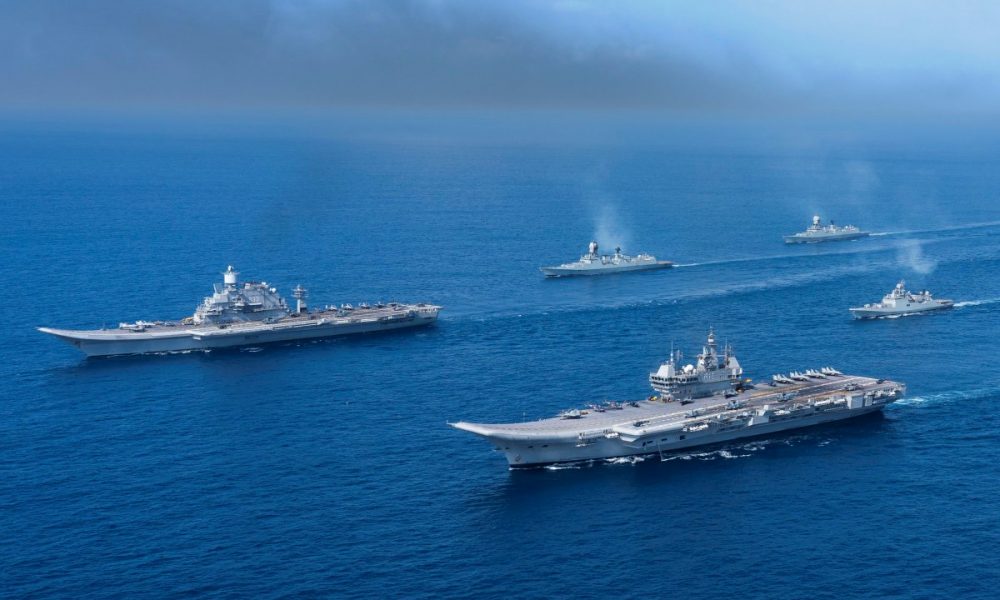


The new aircraft carrier will replace an aging Russian model and assist India's Navy in conducting an increasing array of naval exercises with friendly nations.
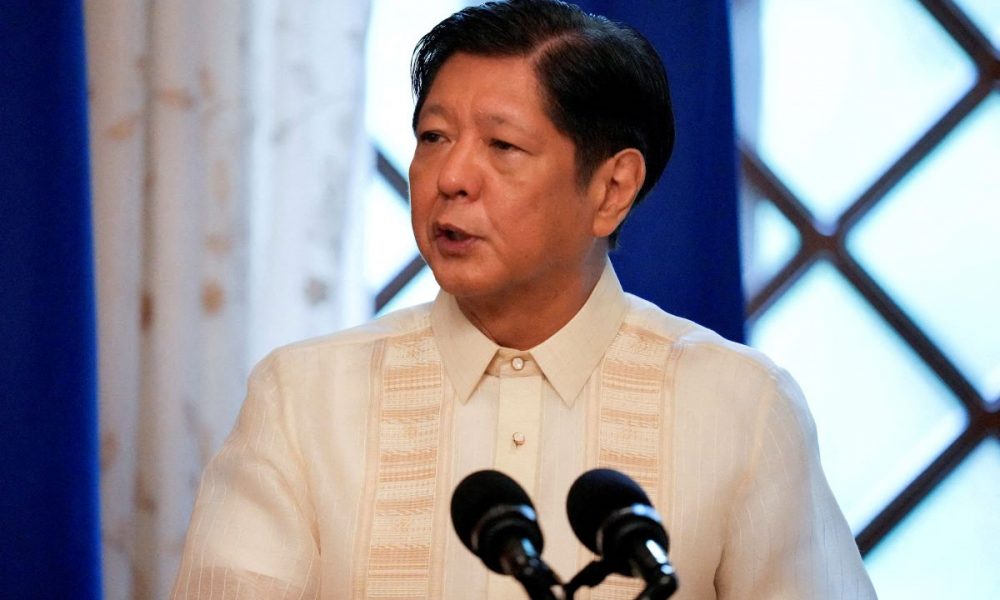
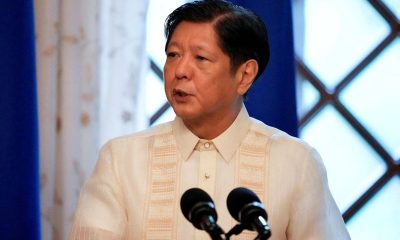

China did little on its BRI pledges to Manila but the immediate provocation was its aggressive attacks near the Second Thomas Shoal in the Philippines EEZ.
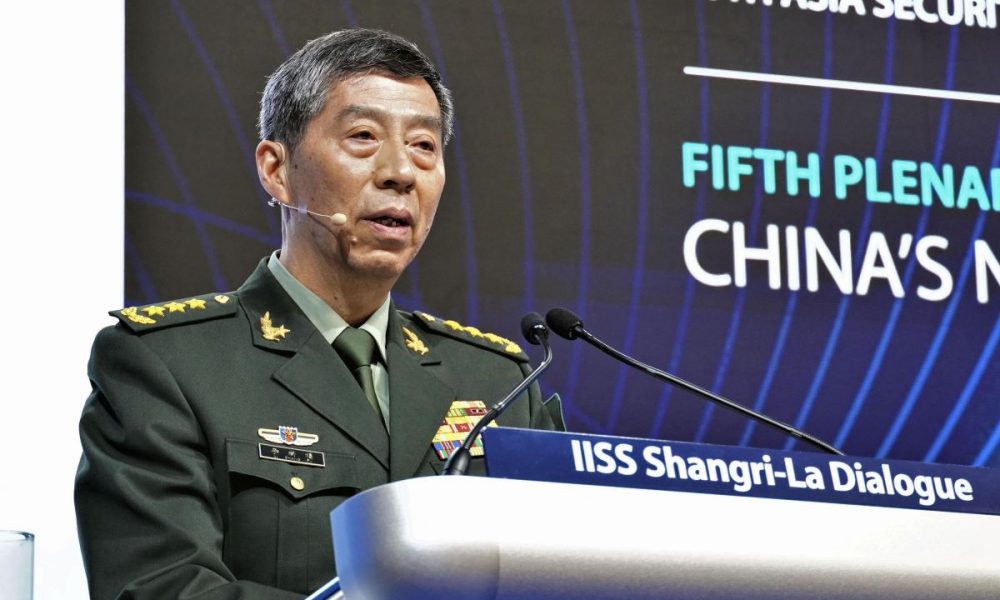


The dismissal of the Chinese defense minister adds to speculation that a major reorganization of the CCP power structure is taking place under Xi Jinping.
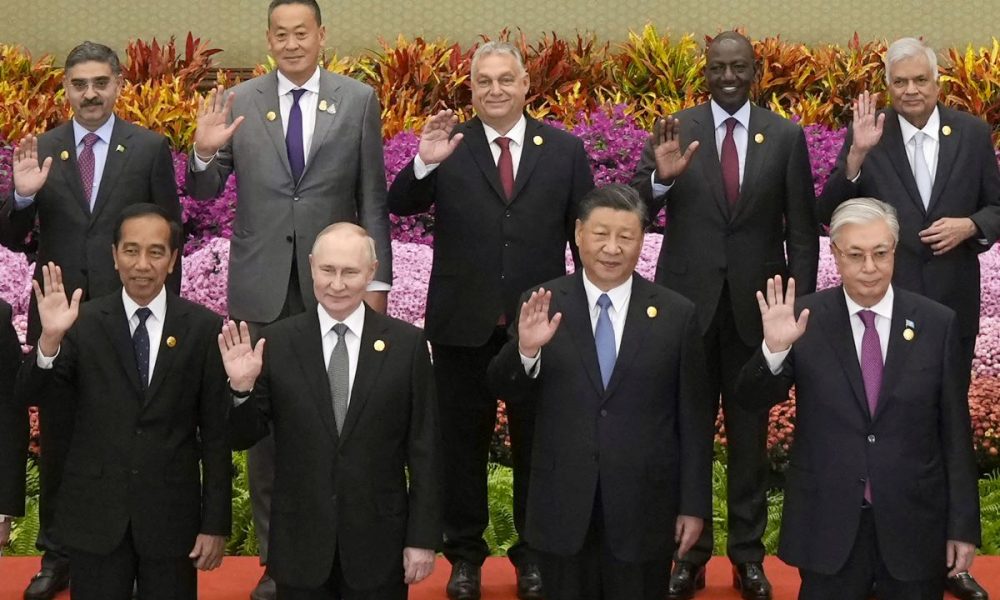
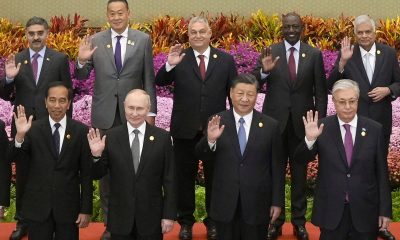

China's Belt and Road project has created enormous debt at home while funding poorly used infrastructure projects in countries that cannot repay their loans.
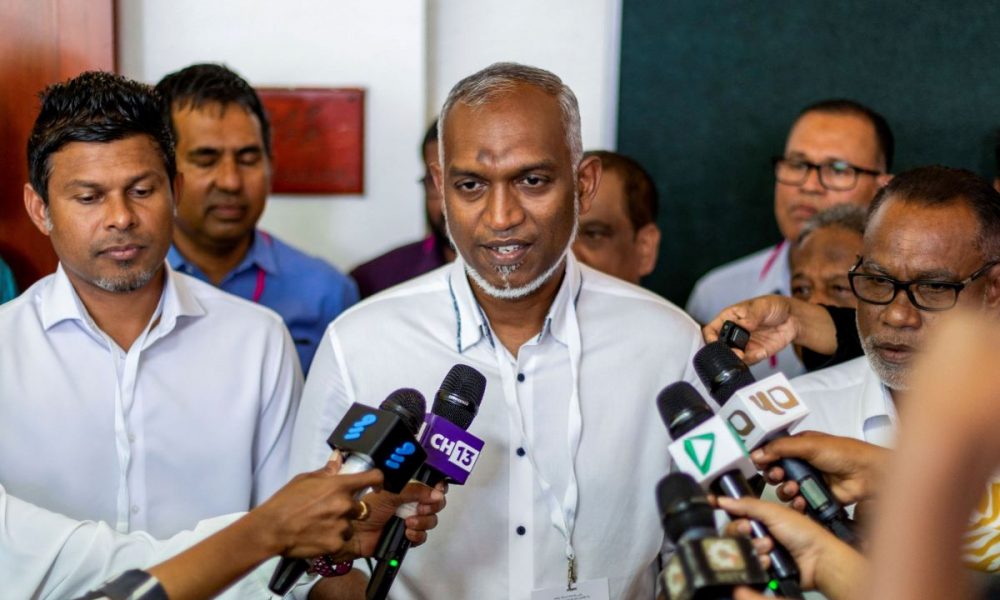


Beijing's growing influence on the Maldives, already ensnared in China's debt trap, could pose a serious security threat to countries like India and Japan.
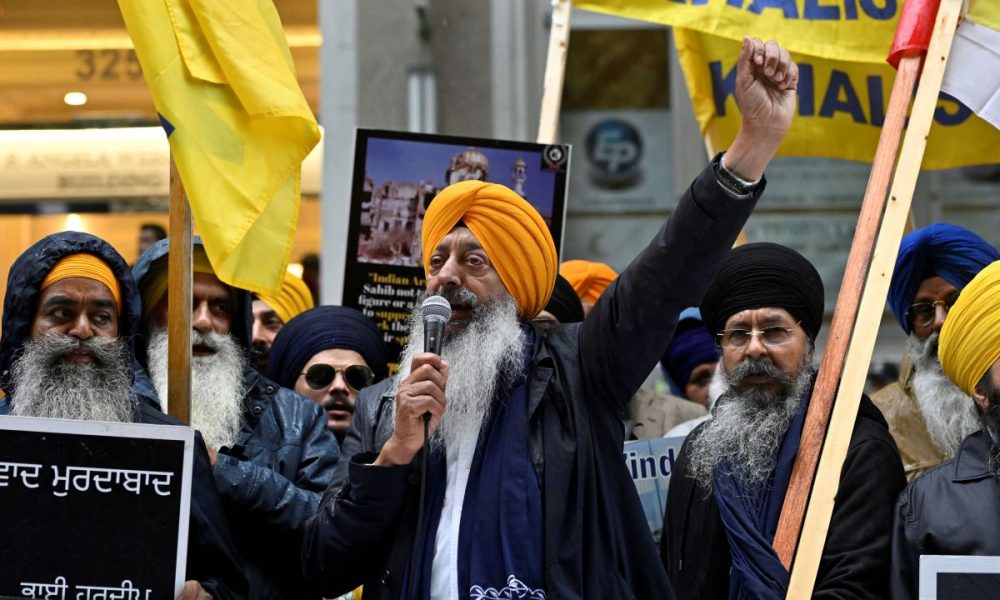


Dr Borah argues that Japan and India, both democracies committed to a free and open Indo-Pacific, should strengthen relations irrespective of other countries.
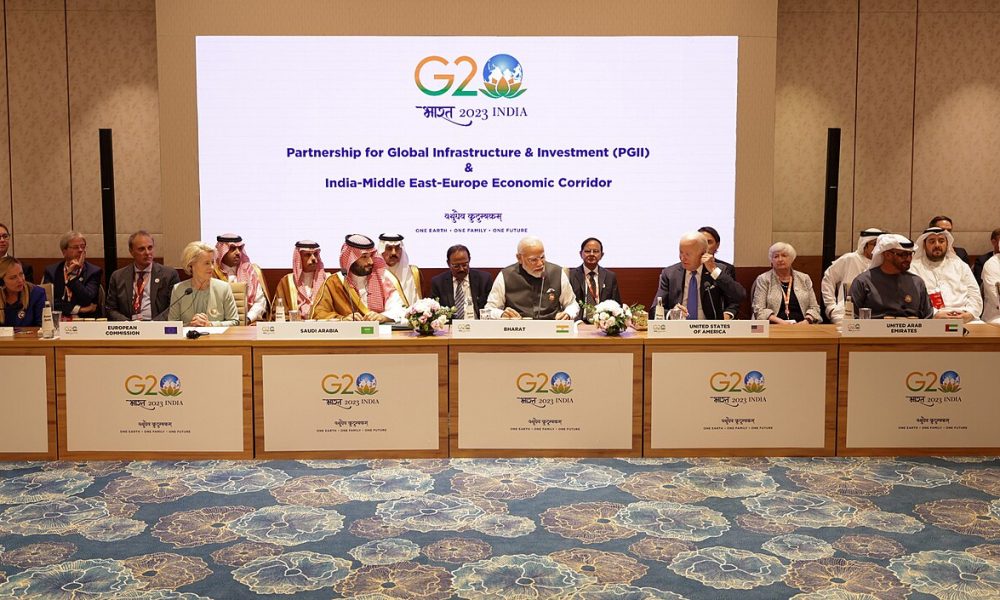
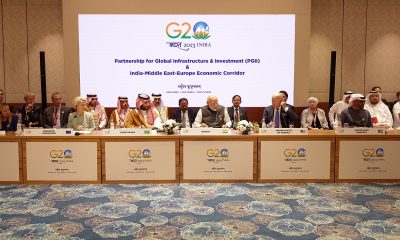

The IMEC corridor will secure regional supply chains, increase trade accessibility, and allow more emphasis on environmental and social issues, say members.



Massive unemployment, a troubled real estate sector, and an aging population foretell problems for the Chinese economy, but how will it affect Japan and India?